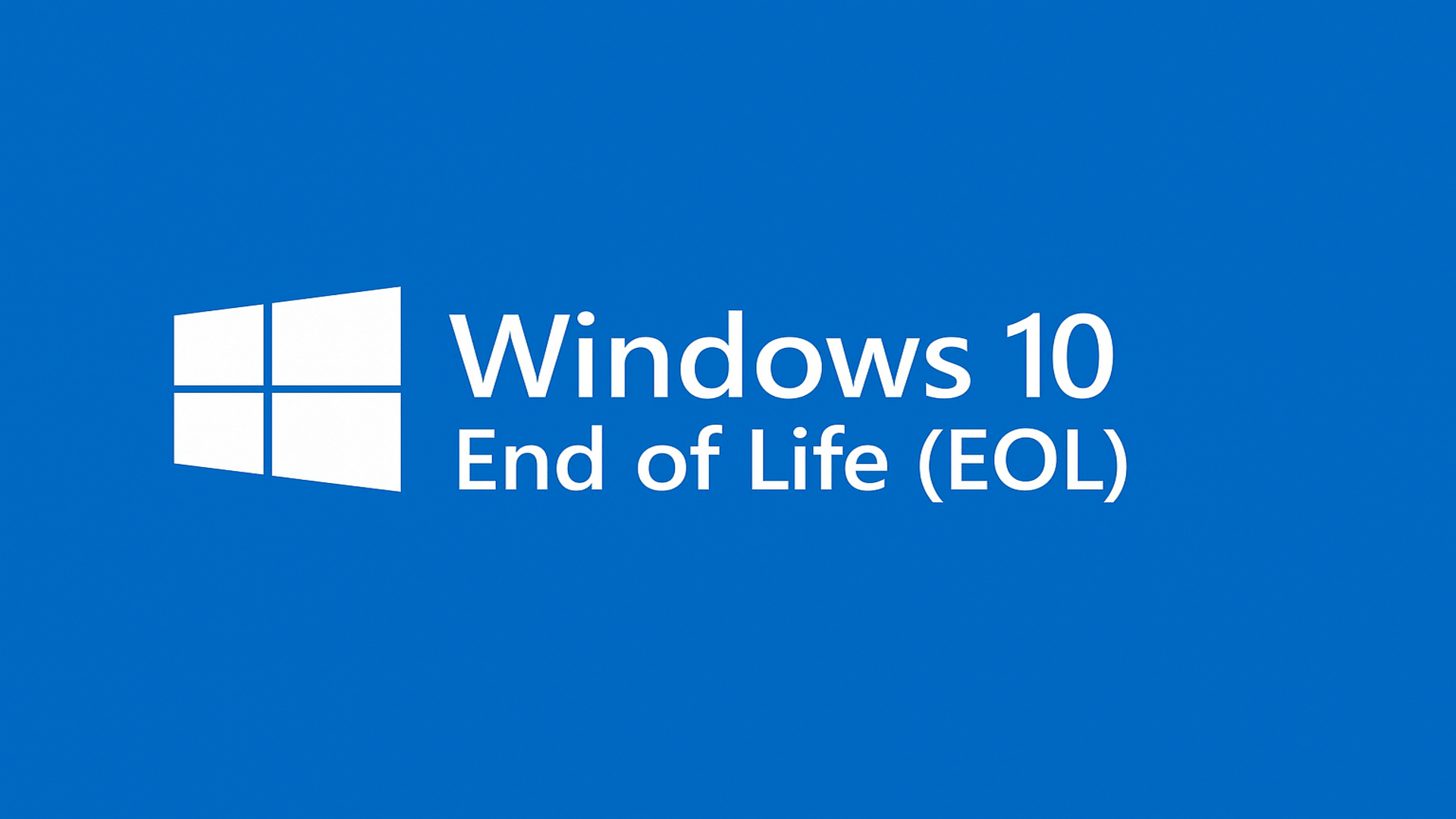- Apple Mac sales soar as frustrated Windows users seek alternatives
- Many PCs cannot run Windows 11 due to missing TPM 2.0 feature
- Apple’s unified hardware and software approach appeals to longtime Windows users
The recent end of life of Windows 10 in October 2025 has led to a notable migration from Microsoft PCs to Apple’s Mac line, according to new reports.
Figures from Counterpoint Research claim that global PC shipments grew 8.1% in the third quarter of 2025 and Apple’s Mac shipments increased 14.9% year-over-year.
For users accustomed to reliability, Apple’s platform now seems like a safer long-term investment, as the company’s unified design philosophy, combined with its M-series chips, has blurred the line between mainstream laptops and the best mini PC models for home or office use.
Apple benefits from Microsoft’s decision
Many users who once relied on Windows laptops are now turning to macOS instead of upgrading to Windows 11.
This change is largely due to hardware limitations; Some older, high-performance systems cannot install Windows 11 because they do not have a TPM 2.0 chip.
Rather than investing in new Windows hardware, many users find Apple’s integrated hardware-software ecosystem more appealing, even if it means learning a different operating system.
Lenovo remained the leading vendor, but Apple’s growth is notable because it shows that users aren’t just upgrading; they change platforms.
Brands like HP and Asus also grew slightly, but Dell’s shipments were down slightly.
Apple’s steady rise suggests that Microsoft’s decision to retire Windows 10 may have unintentionally strengthened its main competitor.
The timing of Apple’s recent MacBook updates, combined with its reputation for stability, appears to have given macOS an unexpected advantage at a critical time for PC buyers.
Many professionals who once relied on Windows are adopting MacBook Pros as their new mobile workstation, citing performance, battery life and system longevity.
Companies are also testing Mac adoption in mixed environments, reflecting a growing desire to diversify beyond Microsoft’s ecosystem.
The decision to move from Windows to macOS depends largely on individual workflow needs: As with desktop users who rely on Microsoft software, the transition may require adjustments or subscriptions to cloud-based tools.
However, for creative professionals and business users looking for reliability, Apple’s ecosystem offers fewer compatibility issues and smoother updates.
Although Windows 11 remains a capable business PC platform, the disruption caused by Windows 10’s retirement has opened the door for many people to explore alternatives.
Whether this trend becomes a permanent realignment or a temporary backlash will depend on how Microsoft regains user confidence in its next generation of PCs.
Follow TechRadar on Google News And add us as your favorite source to get our news, reviews and expert opinions in your feeds. Make sure to click the Follow button!
And of course you can too follow TechRadar on TikTok for news, reviews, unboxings in video form and receive regular updates from us on WhatsApp Also.




